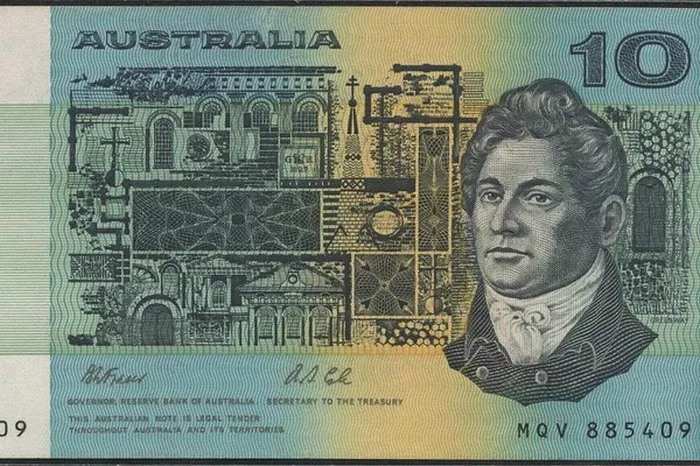AUD/NZD hit an intraday low near 1.0850 after the Reserve Bank of Australia announced in Asia on Tuesday that it would keep its benchmark interest rate unchanged.
The central bank left interest rates unchanged at 4.10%, but said it was ready to raise rates if necessary to curb inflation.
Not only was the RBA on hold, headlines from China – a major importer of Australia and New Zealand – also provided support for AUD/NZD but were largely ignored.
Still, Country Garden, China’s largest real estate company, avoided default by paying $22.5 million in interest on U.S. bonds. Notably, the Chinese real estate giant received approval from onshore creditors to extend payment terms on private bonds worth 3.9 billion yuan ($536 million).
In other respects, China’s Ministry of Commerce has pledged to support qualified companies in their domestic and overseas listing and bond issuance. Asia-Pacific markets were hopeful on Monday as China prepared to open up its services sector and developments in manufacturing activity, coupled with a series of measures to lower mortgage rates and inject more liquidity.
It is worth noting that Australia’s S&P Global Composite Purchasing Managers Index (PMI) and Services Purchasing Managers Index (PMI) were on the positive side with upbeat data of 48.0 and 47.8 respectively (previous values were 47.1 and 46.7 respectively) , and push the AUD/NZD bearish.
Against this background, the S&P 500 Index futures recorded a slight decline near 4515 points after reversing from a one-month high the day before, falling 0.15% intraday, while the U.S. 10-year Treasury bond yield was inactive due to the U.S. holiday. It then rose two basis points (bps) to 4.20%.
Looking ahead, Australia’s second quarter (Q2) 2023 gross domestic product (GDP) and speeches from outgoing RBA governor Philip Lowe will be important for clear direction.


